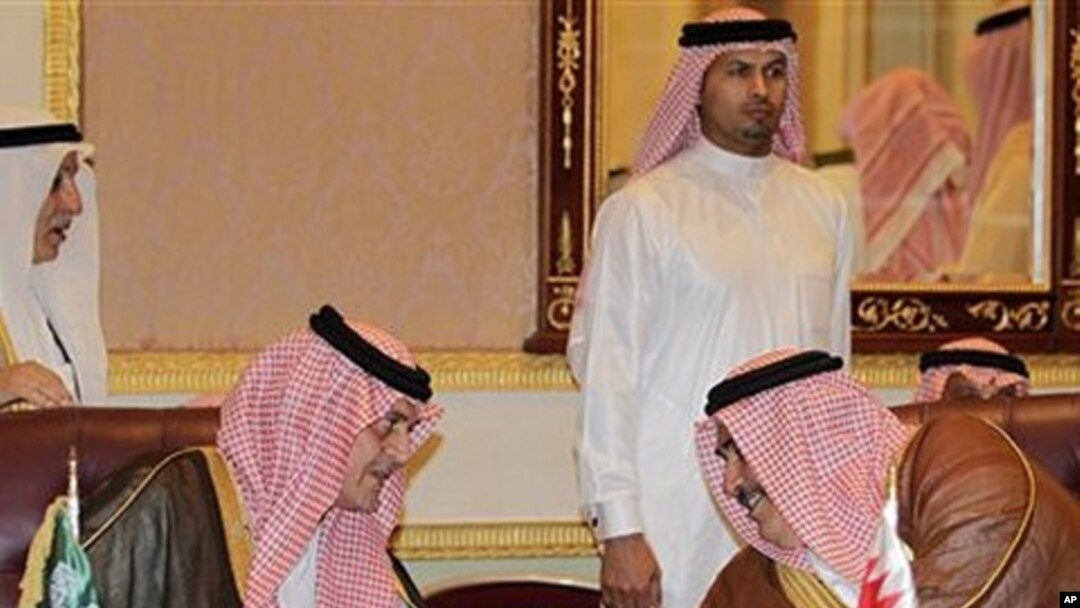Gulf officials are sending a top official back to Yemen to try to salvage a deal to ease Yemeni President Ali Abdullah Saleh out of power, after the longtime leader refused to sign the agreement.
Foreign ministers of the six-nation Gulf Cooperation Council, which sponsored the accord, met Sunday at the group's Riyadh headquarters to discuss the crisis. The group said it was sending GCC's Secretary-General Abdel Latif al-Zayyani back to Yemen and hoped to remove all "obstacles" blocking a final agreement.
Earlier, Gulf officials said the deal's signing ceremony had been indefinitely postponed. They said Saleh had agreed to sign the deal as leader of the ruling General People's Congress party but not in his capacity as president - as required by the deal.
The Yemeni president had been expected to sign in advance of a formal ceremony in Riyadh planned for Sunday or Monday.
Yemen's opposition says it hopes Gulf Arab states will extract Saleh's signature. A senior opposition leader told Reuters that renewed "escalation" is an option if the deal falls through.
Representatives of the hundreds of thousands of Yemenis staging protests since early February have rejected the deal entirely, demanding that Saleh step down immediately and face trial.
The U.S. and Saudi Arabia want the standoff resolved to avert a deadly military divide like the one in Libya, which could strengthen Yemen's al-Qaida wing as it seeks to destabilize neighboring Saudi Arabia, the world's largest exporter of crude oil.
The GCC plan calls for President Saleh to hand over power to a deputy and resign within 30 days of signing the initiative. It would establish a unity government that would include opposition members. A presidential election would take place two months after Mr. Saleh leaves office.




